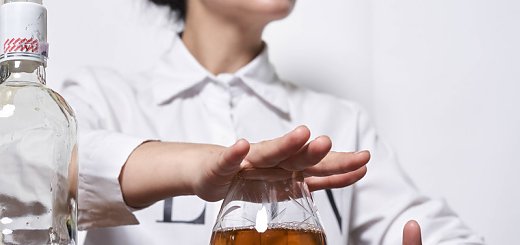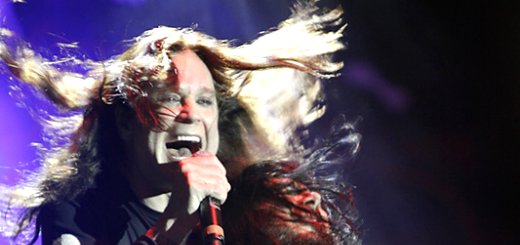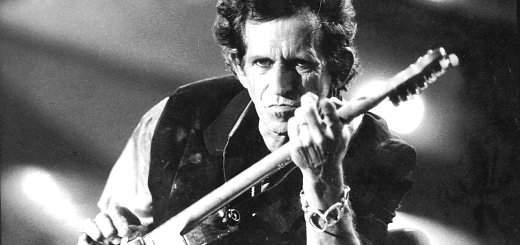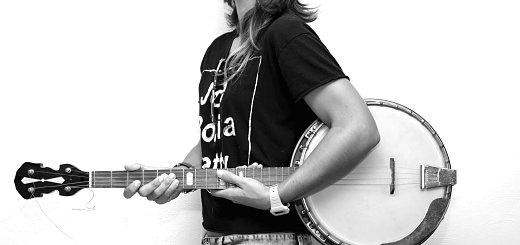Mark Beaumont speaks to musicians who stopped drinking during the pandemic

"If the pandemic gave the general public an insight into touring life minus the hour onstage – ie, drinking earlier and earlier in the day to alleviate the tedium of being stuck in cramped, largely identical rooms with the same three or four people for months on end – for many musicians it had the opposite effect. By removing the social gigging element of their lives and careers, lockdown starkly exposed dependencies they’d previously been able to disguise as a typical rock’n’roll lifestyle" - music journalist Mark Beaumont wrote in the Independent introducing his piece about musicians who stopped drinking in the pandemic: members of Royal Blood, Deadletter, You Me At Six, Wu LYF and others.





